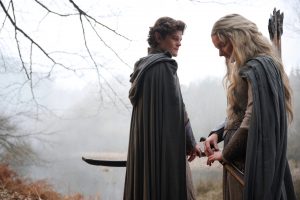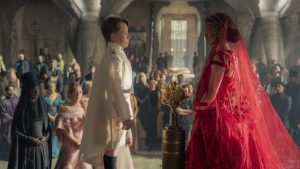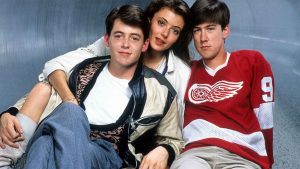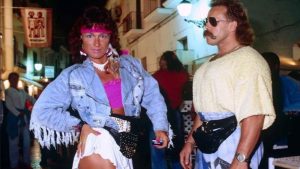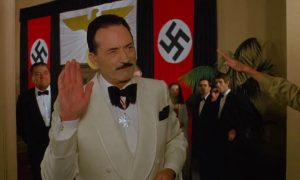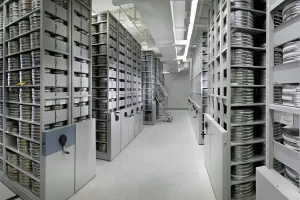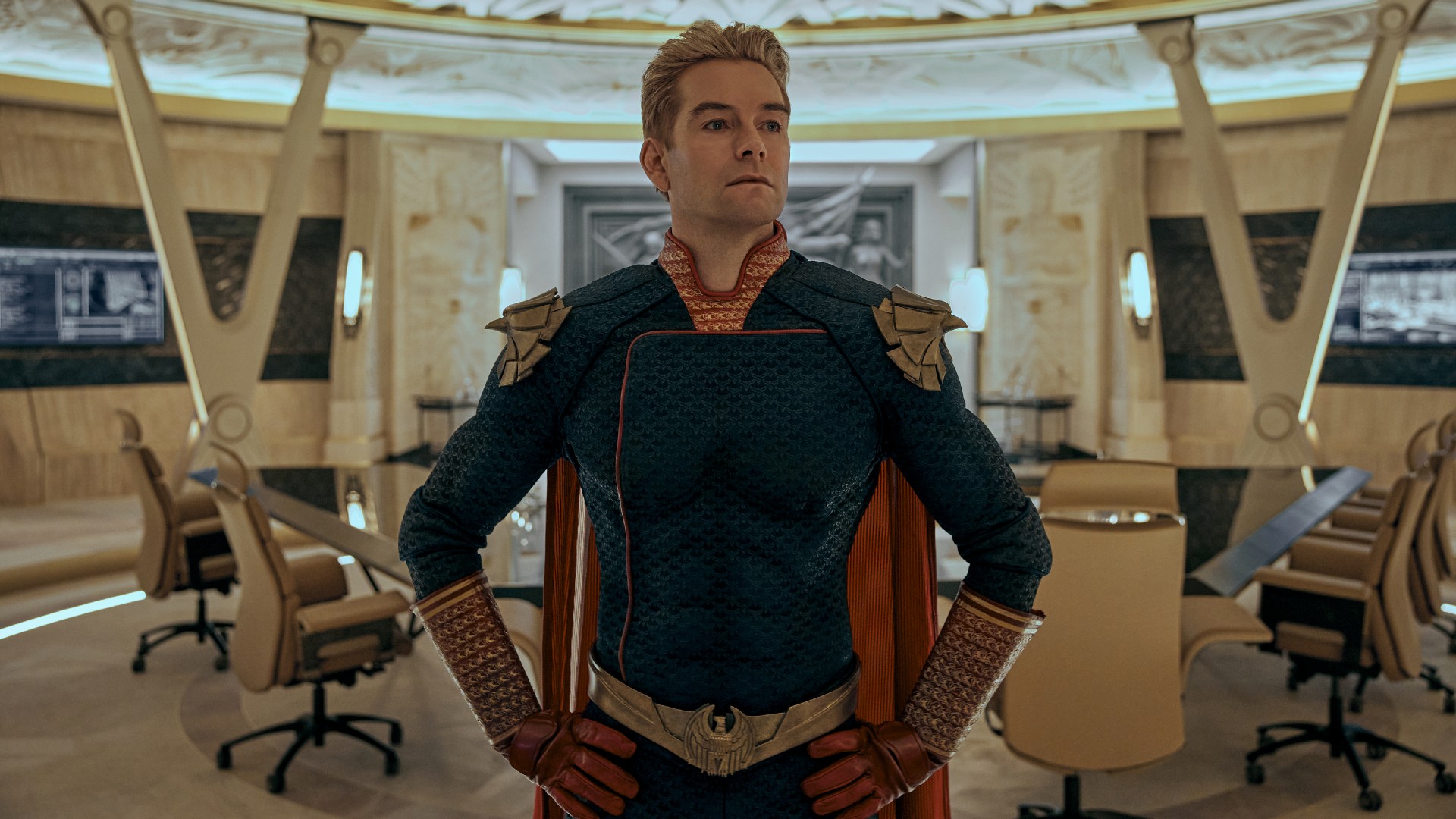
The sheer number of reasons to watch Prime Video’s golden child program, The Boys seem to know no bounds. With impeccable acting, ingenious satire, and plenty of phallic double entendres, showrunner Eric Kripke and his team understand the intricacies of an entertaining superhero romp better than even genre veterans Marvel and DC. Perhaps standing out as the pinnacle of the program, though, is The Homelander.
Played with villainous thirst and supreme timing by Antony Starr (who’s criminally never even been nominated for an Emmy for the role), Homelander spoofs the worst qualities of heroes such as Captain America and Superman to give audiences a taste of what it would look like if a person actually had unlimited power. From abusing his son to allowing a plane full of innocent people to crash and perish, Homelander skews so far down a moral abyss that it would be arduous even to find a modicum of his soul at the bottom. And yet, fans of The Boys can’t get enough of him. In fact, they’ve sometimes confounded fascination with rooting interest, confusing his character archetype as an ethically gray antihero.
To get to the bottom of why Homelander definitely isn’t an antihero, we first have to all agree on what an antihero is. Let’s begin henceforth with a little television history lesson!
What Is a TV Antihero?
The antihero trope is one of modern TV’s most vital character types. Antiheroes have allowed for deeper storytelling, more compelling television discussion, and the evolution of the medium into something far more literary than anyone could have imagined when the boob tube was just a way to sell vacuum cleaners and household appliances in its heyday.
The age of the antihero all began with the barreling introduction of Tony Soprano (James Gandolfini) on HBO’s The Sopranos. Tony Soprano did things a little differently than other protagonists. He choked people right before us, threatened his wife, and told his son every chance he could get that he was embarrassed to possess the same last name as him. Sounds like a bad guy, right? Absolutely, but it’s also not so clear-cut. Tony also cared for his family, defended them with his life, and had the emotional intelligence to seek out therapy for his mental health and trauma that led him to make so many poor choices in life.
However hollow it was, Tony’s desire to grow in a positive direction made him someone to empathize with and stand with. Every dad understands Tony’s plight, and every husband knows the feeling when they just can’t say the right thing to their significant other. At heart, Tony Soprano is a normal guy who makes dismal decisions. It makes for infinitely engrossing character drama to undergo the roller coaster of his life with him.
The era of the antihero peaked with Breaking Bad, though. Walter White enters the equation as a cancer-stricken, lower-middle-class high school chemistry teacher with a physically handicapped son and an incompatible wife. The number of strikes against him immediately makes him a protagonist that we easily attach to. His decision to enter the meth trade and his ensuing erratic behavior transforms him from a hero into an antihero: a protagonist whose means are quavery.
Walter no longer has redeemable qualities as the show enters its final seasons. He becomes the villain of his own story, destroying his family and getting loved ones killed. Fans still like him, though, with show creator Vince Gilligan’s mother even claiming to want a happy ending for Mr. White. Why do viewers continue to misconstrue emotional attachment to a character with proper evaluation of moral principles?
This is where Homelander comes into the picture in this discussion. He most certainly is well-written and unfathomably acted by Starr, combining every artistic element to make an iconic character for the ages. But just because we become entranced in his world doesn’t make him an antihero.
Homelander is a Villain
Every single action Homelander takes in The Boys puts him in the villain camp even more than before. The final scene of season three saw him laser fry a civilian right in front of a throng of onlookers, a decision that even he knew was evil. Getting a positive reaction out of the crowd after murdering people gave a window into Homelander’s corrupt interior. He completely understands right and wrong, and yet he chooses to dive headfirst into the latter every opportunity he gets. Thankfully, some fans have undergone an epiphany and therefore can get the most out of the show’s social commentary.
Homelander, like everyone else on this planet, is a victim of his circumstances to an extent. Taken advantage of by Vought from a young age, Homelander appeals to the humanistic hunger to overcome adversity with violence and vengeance. No matter how much he feeds our innate drive to live vicariously through a bad person, it doesn’t make him redeemable. Adding former Vought CEO Stan Edgar (Giancarlo Esposito) and rounding out the despicable undertones hanging over this entire universe in Gen V has unfortunately made people grow even closer to Homelander.
Viewers need to change their mindsets, though. An exponential increase in evil around Homelander doesn’t mean his acts of malfeasance are less monstrous. It only makes it harder to find someone to trust in The Boys. If you remove the rose-colored glasses and dust up your literary terms and definitions, you’ll always comprehend Homelander as a moral atrocity.
The Boys season 4 does not yet have a release date. Seasons 1-3 and spinoff Gen V can be streamed on Prime Video.
The post Why Can’t Some Boys Fans Recognize Homelander Is a Villain? appeared first on Den of Geek.



